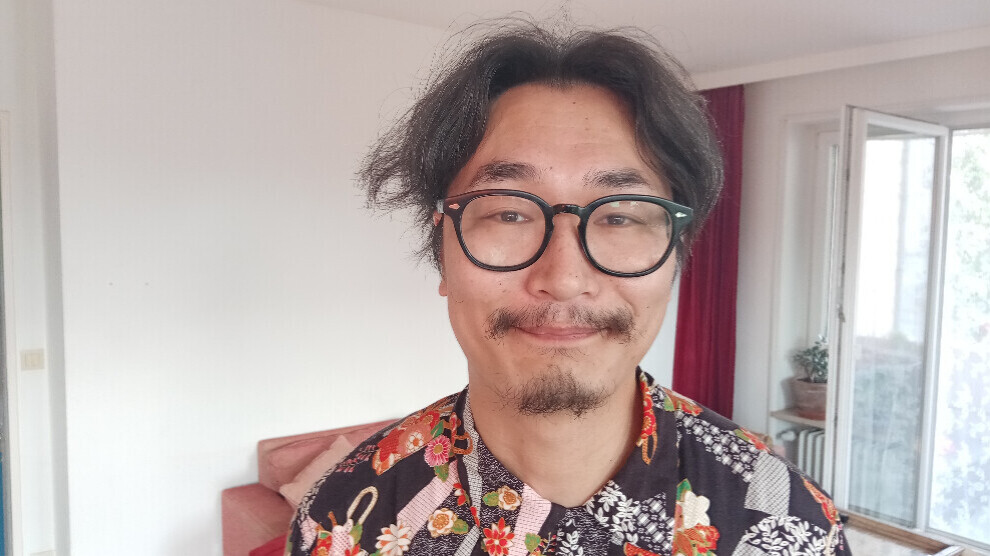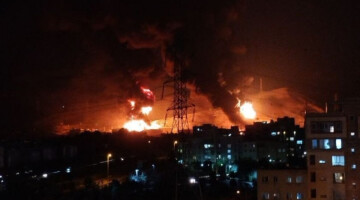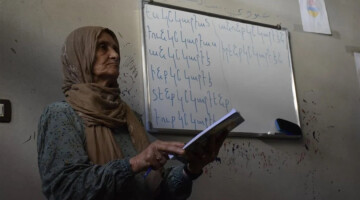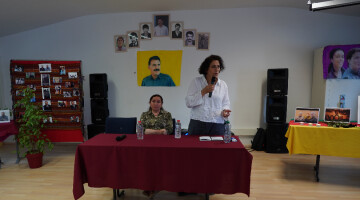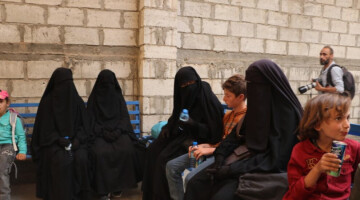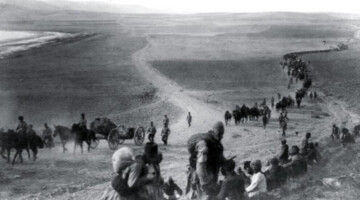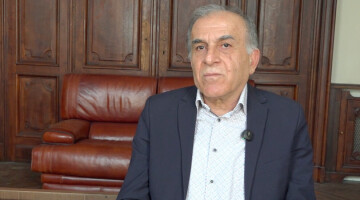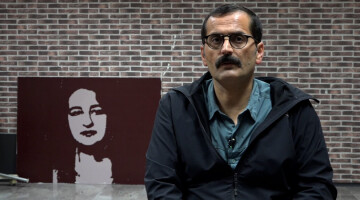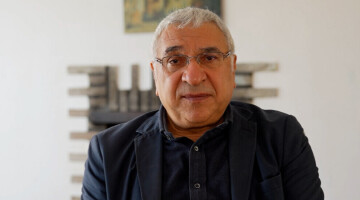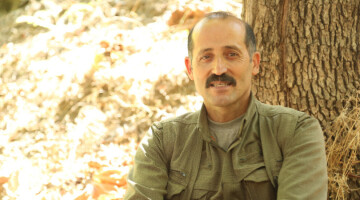At the beginning of July, Japanese philosophy professor Motonao Mori from Nagasaki University was a guest in Hamburg to talk about Japan's view of the alternative way of life in Rojava at the TATORT Kurdistan Café. Since a revolution in 2012, attempts have been made to implement democratic confederalism there. Following on from the ideas of libertarian communalism, PKK founder Abdullah Öcalan developed this new social model for the Middle East, a political project of a transnational grassroots democracy in fundamental critique of the nation state. Gender equality, ethnic inclusion and social ecology are to be achieved through the practice of self-determination and self-management. Motonao Mori finds Democratic Confederalism "ideal" as a social construct. And he believes that the utopia of Rojava could also become a reality in Japan.
Can you introduce yourself to the readers?
My name is Motonao Mori. The characters of the name can also be read as Gensai. I work as a philosophy professor at the Faculty of Global Humanities and Social Sciences at Nagasaki University. My speciality is anarchism.
How did you find out about Rojava?
There were three events that brought me to the topic of Rojava. The first is my direct connection with David Graeber, whom I met at a conference in London. When I communicated with him, he told me that the most important political centre in the world at the moment is Rojava. The second incident is that I got a job at Nagasaki University and started working there. At the university, I found out that a person named Abdurrahman Gülbeyaz was working there as a professor of semiotics and that he was of Kurdish origin. I then got in touch with him, and he told me a lot. That was the source of motivation for me. The third circumstance is the reality of the law on foreigners in Japan and how Japan treats asylum seekers, especially Kurdish asylum seekers, and how terrible it is. I felt a lot of anger in that context.
I let these facts run through my head in connection with anarchism. This also brought me back to the phenomenon of Rojava. I was interested in how such an autonomous area came into being and the dynamics behind it. Furthermore, there was one last factor, namely the situation of women in Japan. Japan is also very backward in this respect. These were the motives that brought me to Rojava research.
Is knowledge about Rojava or about the revolution in Kurdistan widespread in Japan or is it more of a specialised knowledge that you learn at university?
People don't even know about Rojava at university. So, it is relatively unknown.
For us here in Germany, the paradigm of Abdullah Öcalan is a great hope. Do you have ideas on how to make this paradigm known in Japan?
I think it is possible to make this paradigm known and understandable in Japan and to win people for this idea. For me, as an anarchist, the idea of confederalism as a social construct is ideal. I was also familiar with this idea before I got to know Öcalan's paradigm. Especially through Murray Bookchin and his social ecology. Especially because Japan is a disaster country and there is a tendency for natural disasters like earthquakes or tsunamis to occur. There have also been social philosophical ideas along these lines in Japan, referring to Bookchin's theory.
The question was how to rebuild a society after a large-scale natural disaster. A society in which people can live together with nature and interact in a meaningful way. Also, from this perspective, that the idea was already there and that people in Japan were already thinking about it, I would consider Öcalan's system for Japan. So, I see the possibility that the paradigm can also be spread in Japan. Furthermore, I also came up with Jineoloji (Women’s Science), which could be of great importance for Japan. On the one hand, in the context of social ecology and on the other hand, also in the context of the historical development of women in Japan. The current situation of women in Japan is terrible. But it has not always been like this. In the Edo period (1603 to 1868) there was a society in which women even played a central role. This was researched by Takamure Itsue and Yoshihiko Amino, among others. There was a matrilineal culture. It was not always the case that women were just absolutely oppressed. After European culture came to Japan around 1865, patriarchy also became established in Japan. That was a European problem that manifested itself to such an extent that the role of women in Japan is now so lowly.
Do you think such ideas can be spread in Japan? Is that a realistic picture?
My book "Introduction to Anarchism" from 2017 is selling very well. It might be a sign that anarchism could reach Japanese society after all.
The difference between Graeber, Bookchin and Öcalan is that Öcalan puts gender first. He says that without the liberation of women there can be no liberation of society.
How is the gender question dealt with in your new book?
The new book is about violence in general, in the theoretical and practical sense. In the book on anarchism, this is not yet a topic, because I had not yet dealt with it. In the new book, the YPJ and Jineolojî come into play in a significant sense.

